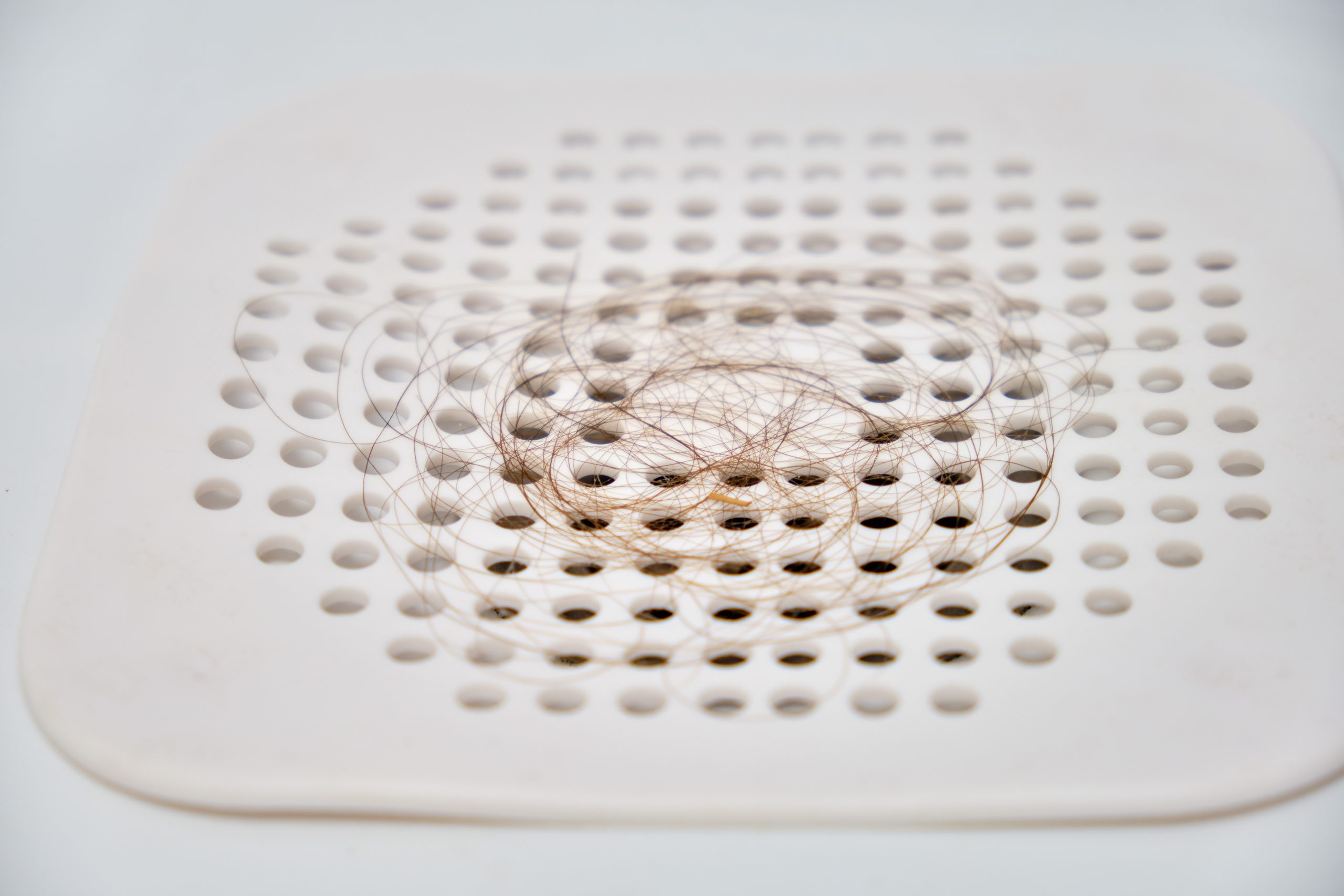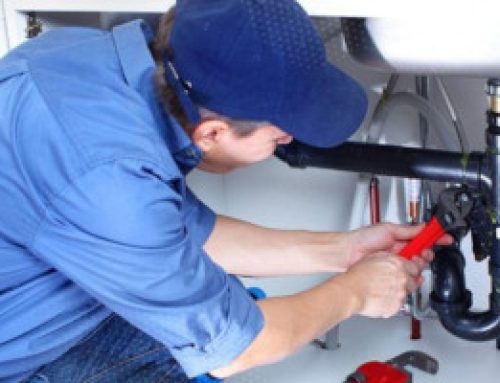Plumbing problems never happen at convenient times. A clogged drain during a dinner party or a burst pipe on a holiday weekend can quickly turn from a minor inconvenience to a major disaster.
The good news is that most plumbing issues are preventable with proper maintenance and early attention to warning signs.
Proactive plumbing care protects your home from water damage, reduces emergency repair costs, and ensures your family’s comfort year-round. By understanding common problems and implementing simple prevention strategies, you can avoid the stress and expense of plumbing emergencies.
This article covers the most frequent plumbing issues homeowners face and provides actionable strategies to keep your system running smoothly for years to come.
5 Most Common Plumbing Problems
Understanding the most frequent plumbing issues helps you recognize early warning signs and take preventive action before problems escalate into expensive emergencies.
1. Clogged Drains
Hair, soap scum, grease, and food particles accumulate in pipes over time, creating blockages that restrict water flow. Kitchen drains commonly clog from grease and food waste, while bathroom drains typically clog due to hair and soap residue.
Slow drainage is usually the first sign of developing clogs.
2. Low Water Pressure
Reduced water pressure throughout your home often indicates mineral buildup in pipes, hidden leaks, or corroded plumbing fixtures. Hard water areas experience faster mineral accumulation that narrows pipe diameter and restricts flow.
Individual fixture pressure problems usually indicate localized blockages or worn components.
3. Running Toilets
Faulty flappers, warped float mechanisms, or worn chain assemblies cause toilets to run continuously, wasting hundreds of gallons daily. This common problem increases utility bills significantly and often indicates that internal toilet components need adjustment or replacement.
4. Water Heater Issues
Sediment buildup, thermostat malfunctions, and heating element failures reduce hot water availability and efficiency. Most water heater problems develop gradually, starting with inconsistent temperatures or reduced hot water duration before complete system failure.
5. Leaking Fixtures
Worn seals, loose connections, and aging components cause faucets, showerheads, and pipe joints to leak. Even small drips waste significant water over time and can indicate underlying problems that may worsen without attention.
Essential Tips to Prevent Plumbing Problems
Implementing these proven prevention strategies significantly reduces your risk of plumbing emergencies and extends your system’s lifespan while protecting your home from water damage.
- Regular Inspections: Check visible pipes, fixtures, and appliances monthly for leaks, corrosion, or unusual wear. Look for water stains, mineral deposits, or dampness around connections. Early detection prevents minor issues from becoming major failures.
- Install Drain Protection: Use drain guards and hair catchers in all sinks, tubs, and showers to prevent debris from entering your pipes. Clean these guards weekly to maintain proper drainage and prevent backup issues.
- Protect Pipes During Travel: Turn off your main water supply when leaving home for extended periods to prevent leak damage while you’re away. This simple step eliminates the risk of catastrophic flooding from unexpected pipe failures.
- Proper Waste Disposal: Never pour grease, oil, or food scraps down kitchen drains. Dispose of cooking fats in the garbage after they solidify, and use sink strainers to catch food particles before they enter your plumbing system.
- Winterize Your Plumbing: Insulate exposed pipes in unheated areas like basements, crawl spaces, and garages to prevent freezing. Disconnect and drain outdoor hoses, and consider installing frost-proof spigots in cold climates.
- Monitor Water Pressure: Install a pressure gauge to ensure your home’s water pressure stays between 40-60 PSI. Excessive pressure stresses pipes and fixtures, while low pressure may indicate system problems requiring professional attention.
- Use Toilets Properly: Only flush toilet paper and human waste. Never flush wipes, feminine products, medications, or other items that can cause blockages or environmental damage. Even “flushable” wipes can clog pipes and damage municipal systems.
- Maintain Water Heaters: Flush your water heater annually to remove sediment buildup, check the pressure relief valve, and test the temperature setting. Regular maintenance extends equipment life and maintains efficiency.
- Address Issues Promptly: Fix small leaks, unusual sounds, or performance changes immediately before they worsen. Minor repairs cost significantly less than emergency services and prevent secondary damage to your property.
Plumbing Repair vs. Replacement: Making the Right Decision
Knowing when to opt for plumbing repair versus replacing plumbing components saves money and prevents recurring problems. Consider these factors when evaluating your options.
Choose Repair When:
- Problems are localized to specific fixtures or small pipe sections
- Your plumbing system is less than 15 years old
- Issues result from normal wear or minor damage
- Plumbing repair costs are less than 50% of the replacement cost
- The problem doesn’t affect overall system performance
Consider Replacement When:
- Multiple fixtures or large pipe sections are affected
- Your system is over 20 years old with frequent problems
- Repairs would be temporary solutions to systemic issues
- Upgrade opportunities improve efficiency or functionality
- Repair costs approach or exceed replacement costs
Professional Assessment: Complex decisions benefit from professional evaluation. Licensed plumbers can assess your entire system, identify underlying causes, and recommend cost-effective long-term solutions that protect your investment.
Frequently Asked Questions
Protect Your Home with Professional Plumbing Services
Preventive plumbing maintenance in Corydon, IN, protects your home’s value, ensures your family’s comfort, and prevents costly emergency repairs. While many maintenance tasks are manageable for homeowners, complex plumbing problems require professional expertise to ensure safe, lasting solutions.
Regular professional inspections catch problems before they become emergencies, saving you money and stress. When plumbing issues do arise, prompt professional attention prevents minor problems from escalating into major disasters.
For comprehensive plumbing maintenance, reliable repairs, and emergency services, contact H2O Plumbing today. Our experienced technicians provide honest assessments, quality workmanship, and the peace of mind that comes with professional plumbing care.
Don’t wait for problems to worsen – schedule your plumbing inspection now and protect your home’s most essential systems.




